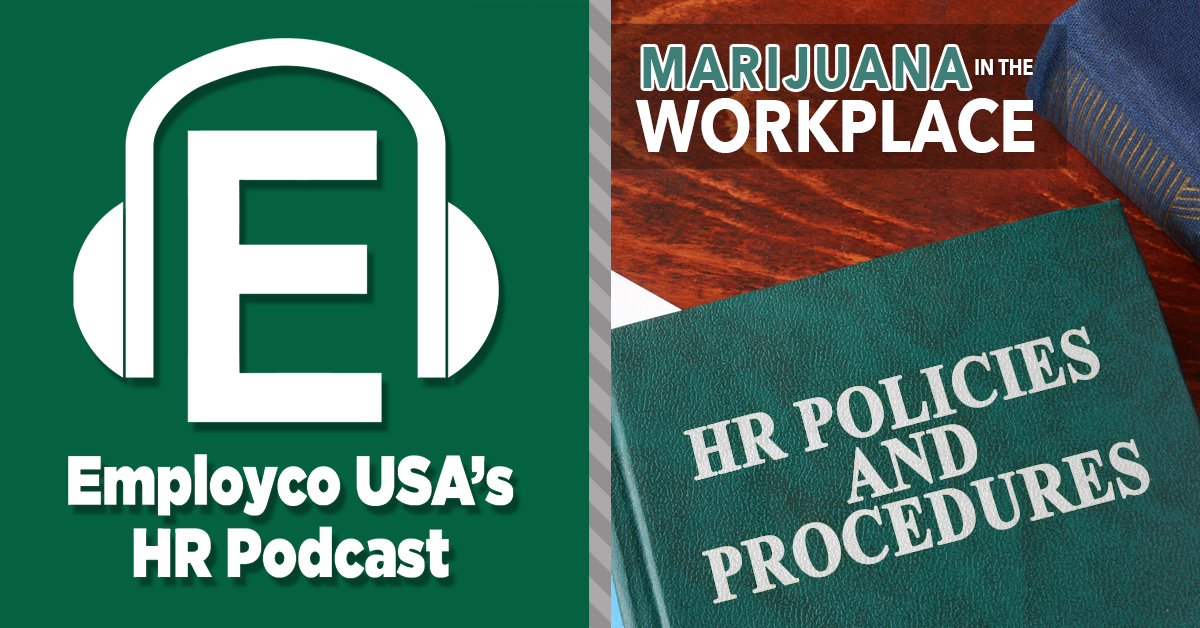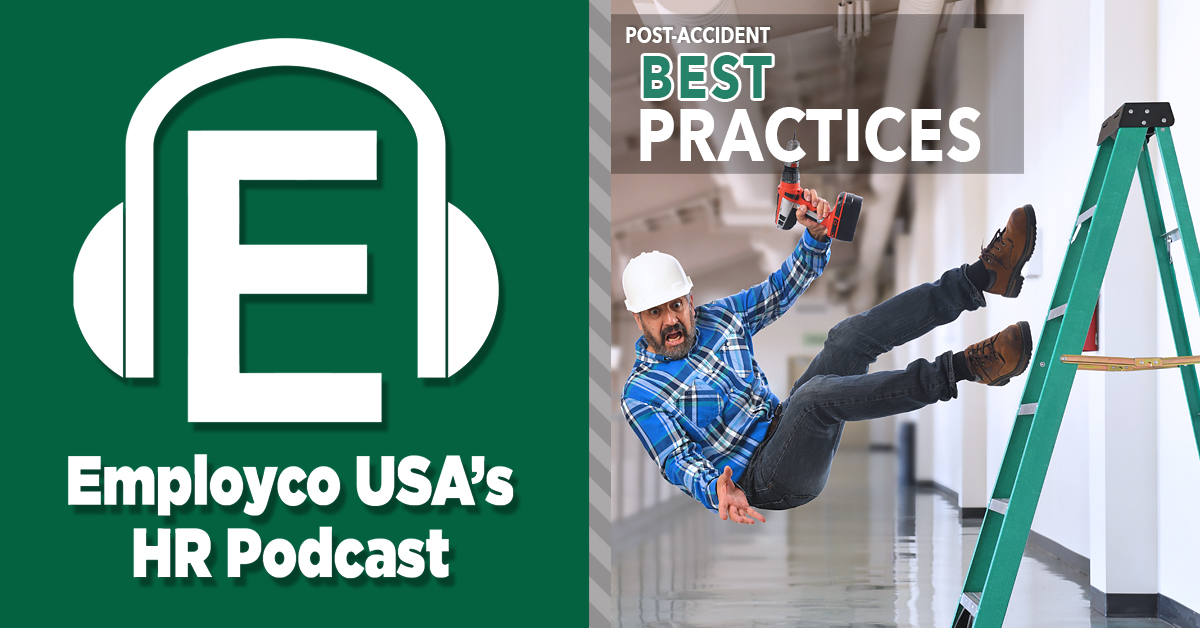H.R. expert explains what employers need to know about new marijuana regulations
 Research shows that there has been a 33 percent increase in positive drug tests on employees.
Research shows that there has been a 33 percent increase in positive drug tests on employees.
“We are looking at an increase in employee usage of marijuana in industries across the board,” says Rob Wilson, President of Employco USA (a national employment-solutions firm) and human resources expert. “Most importantly, test results showed that there was a double-digit jump of marijuana use in transportation and warehouse fields, which could be very problematic as operating heavy machinery while under the influence of marijuana could be very dangerous indeed.”
However, with 10 states making it legal to use marijuana recreationally, and 33 states making it legal to use medically, employers might wonder what rights they have when taking a hard line on drug use in the workplace.
“Your ability to monitor drug use among your employees is going to depend on whether or not you are a unionized or private workplace,” says Wilson. “While you have the right to expect and require sobriety from workers on the job, it can become a bit tricky when you suspect drug use and want to act on your fears.”
Wilson says that if you work in a non-unionized environment, you should ask a supervisor or human resources team member to help you determine if an employee is under the influence of marijuana.
“If your suspicions are backed up by other leaders in your company, you can discipline and even terminate your employee,” says Wilson.

 Ageism continues to be a growing concern in the workplace, with
Ageism continues to be a growing concern in the workplace, with  President Trump has made global headlines with his most-recent tweets which pledge to build a border wall at Mexico’s expense. Meanwhile immigration crackdowns at places of business will no doubt continue to increase during 2019.
President Trump has made global headlines with his most-recent tweets which pledge to build a border wall at Mexico’s expense. Meanwhile immigration crackdowns at places of business will no doubt continue to increase during 2019.



 A
A 